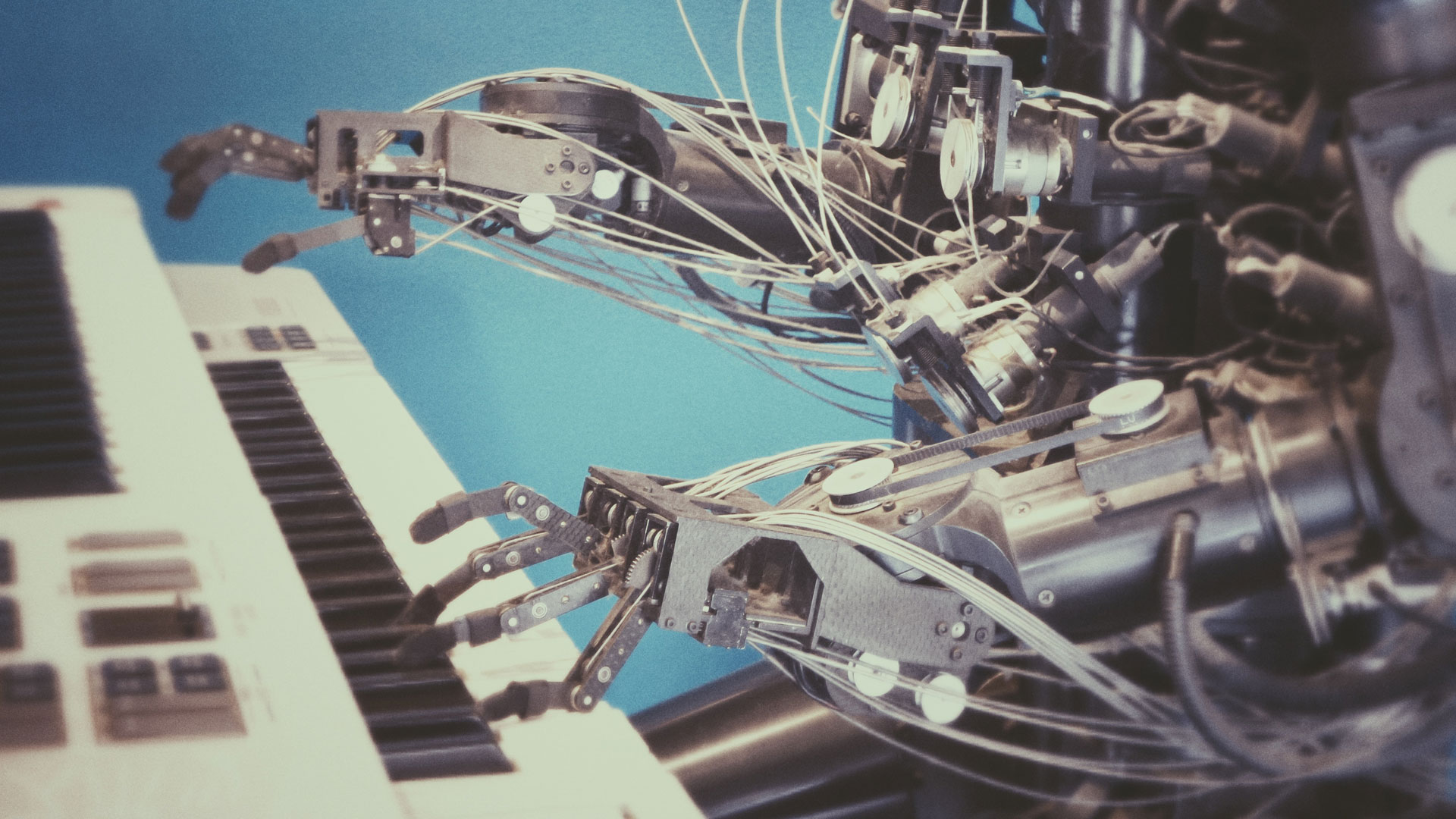Nick Cave said something interesting last week. That’s not uncommon. He’s no slouch. On this occasion, he was reacting to a question from a fan. Cave does this a lot on the Red Hand Files, his online repository where he answers any number and range of enquiries from devotees. This one was about artificial intelligence. There is an open access AI bot, ChatGPT, that some people have been playing with to see if it can create as well as a human. Mark, from Christchurch in New Zealand, fired in a load of Cave’s lyrics, got a resulting set of lyrics and sent them to Cave asking for his reaction.
“The apocalypse is well on its way,” said Nick. “This song sucks.”
Nick Cave’s problem with it all is twofold. One, that the march of AI is now unstoppable. It is, he believes, “an emerging horror” that will lead to a “utopian future… or total destruction”. This fear is not new – others have shared it. Not so long ago, Blake -Lemoine, a software engineer, was fired by Google after claiming one of their AI programmes was becoming sentient. Speaking to base fears, it became a global story.
- Artificial intelligence: Is AI about to rewrite music history?
- Why Faith, Hope and Carnage is The Big Issue Book of the Year 2022
- AI might show the way, but only humanity can save us
Cave’s biggest issue, and one that really gets to the core of something, is the nature of creation. You can feed as much data into an AI machine as you like, have it crunch through algorithms and make it come up with a version of all that it seeks to create. It could present something that is a bit like Nick Cave, or a bit like a Heaney poem or any number of other immeasurably great things – an infinite number, really.
But artificial intelligence can’t get to the heart. It can’t, as Cave said, go through the internal human struggle of creation. It is destined to imitate, but never get to the real moment.
Our use of data in itself is useful, increasingly so. Gathered data can tell us how inflation is galloping, where ambulances are most likely to be delayed and how many people this will impact. In the future, artificial intelligence will help more with medical procedures or fix satellites in orbit to make our earthbound activities function better.






